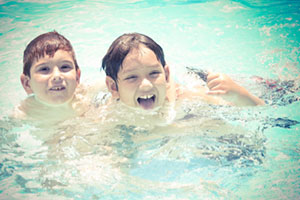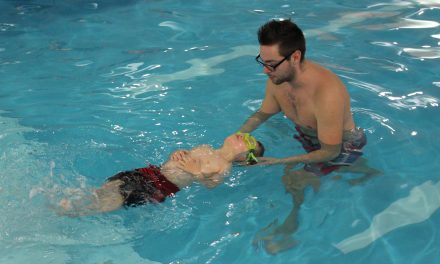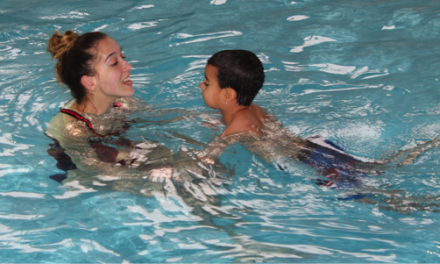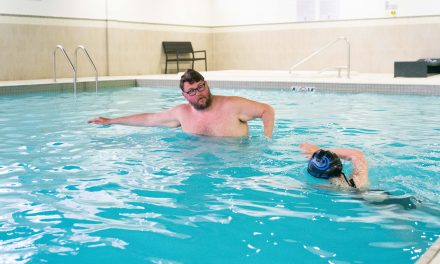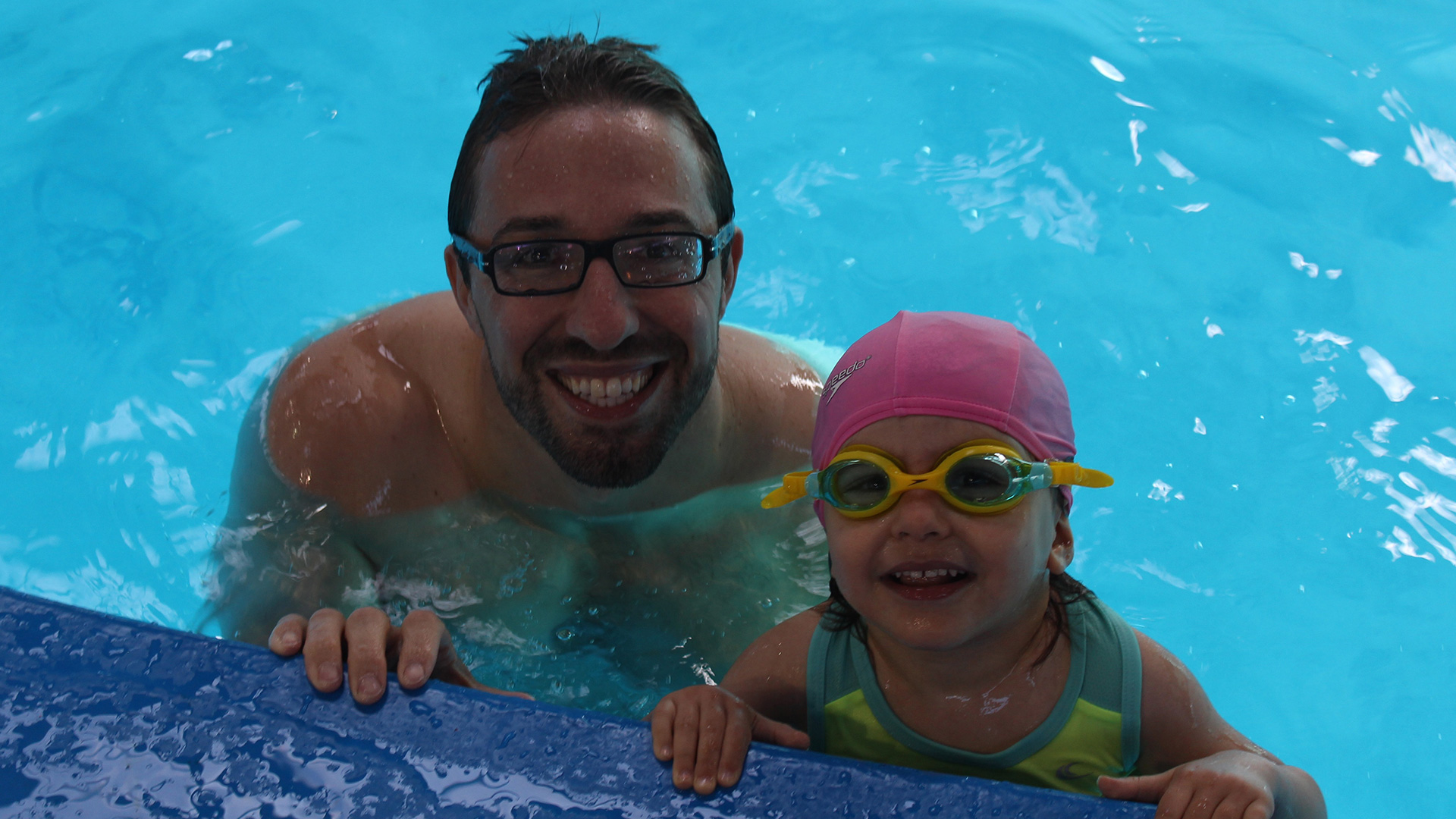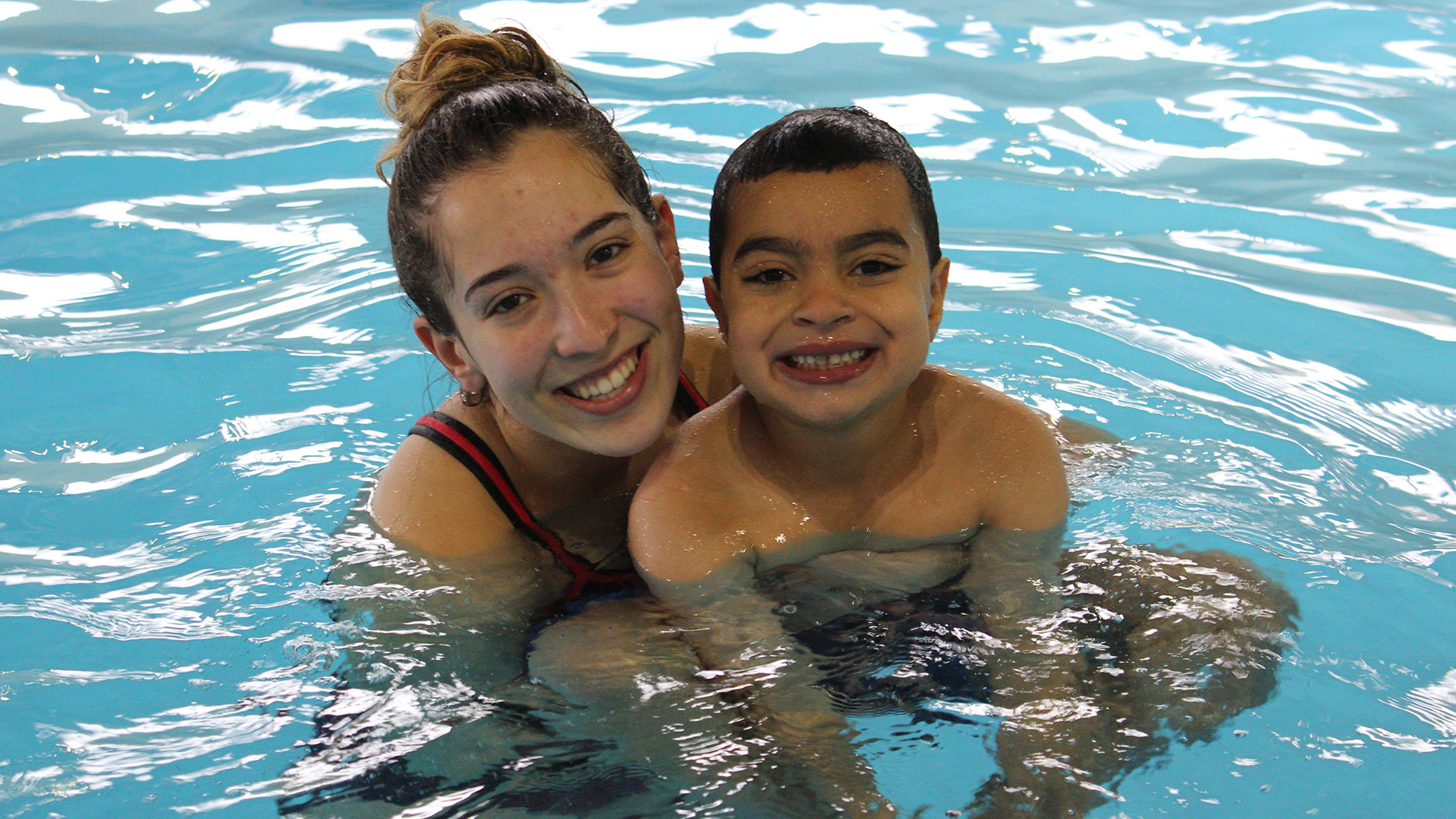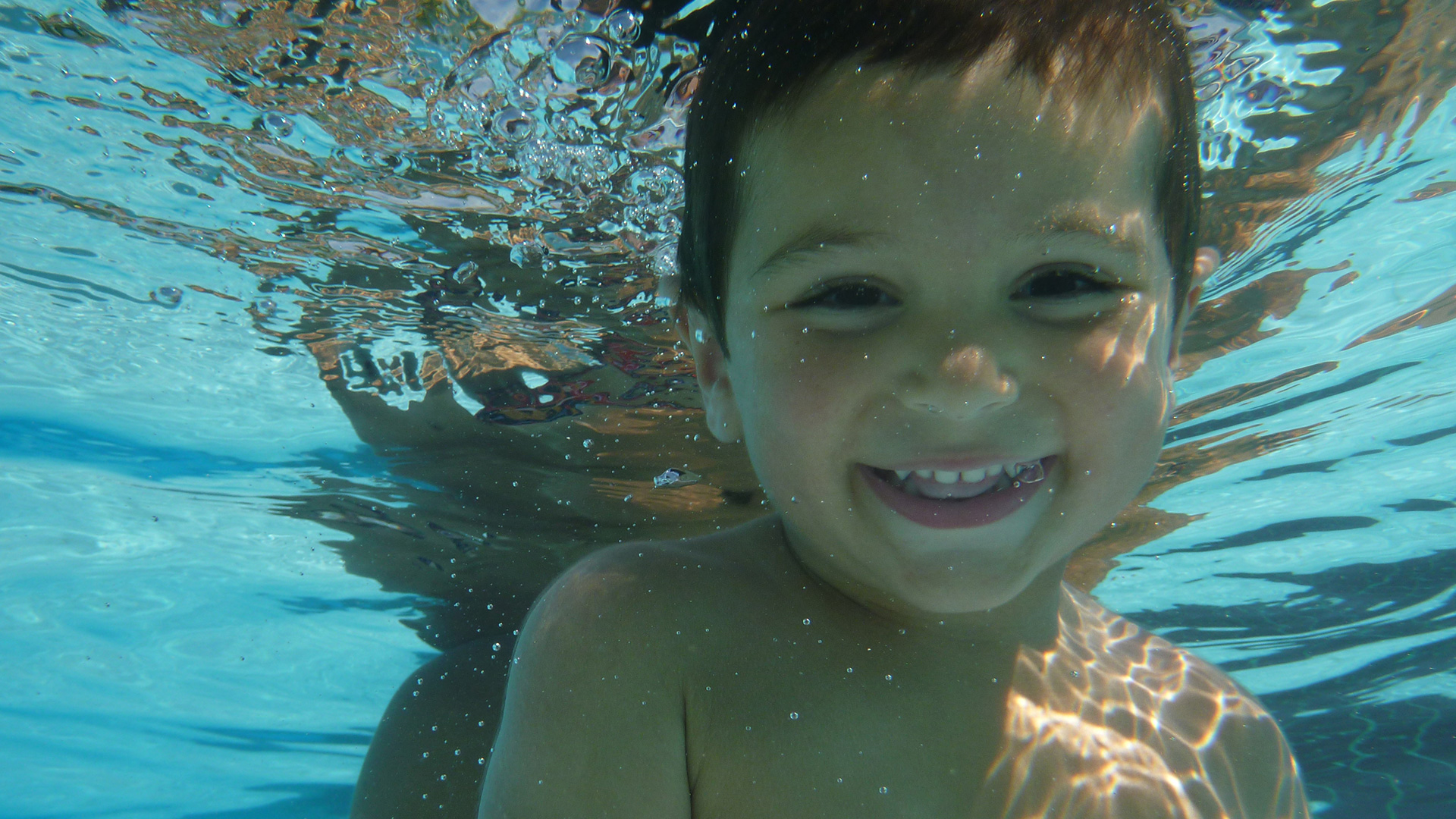Babies can start learning to swim as of 6 weeks.
That’s not a typo. Little humans can indeed learn to swim before they can walk, some even before they can crawl. But the benefits extend far beyond just having fun and being comfortable in water.
Survival. Drowning remains the leading cause of preventable deaths among children 5 years and younger. Many parents still subscribe to the common myth that kids can only learn to swim (and therefore save themselves from drowning) around 3-4 years old. But the truth is babies can be taught survival techniques by 3-4 months old. Full disclaimer here: only a select few programs exist worldwide that provide the intensity and technical expertise required to train a baby to save themselves from a fall in water. That being said, more and more swim schools are adopting innovative techniques and philosophies so kids learn more independence at younger ages than ever before.
One of the few sports babies can do. Try to name 3 Olympic sports that you can register a child under 6 months (hint: tummy-time is not an Olympic sport). Swimming remains one of the only available, and best activities for babies. Parent & Tot classes are an amazing and fun activity for parents and babies to do together. And while these classes are fun-first, focusing on songs and games, a strong foundation for swimming can be learnt. Babies will learn and practice critical skills like holding breath, floating, safe entries and more. Plus don’t forget the opportunity for your baby to socialize with other babies in their class!
Motor skill development. I just watched my 3 month old nephew trying to get his hands in his mouth. A mighty struggled ensued, lots of drooling, and in the end he was rewarded for his efforts with a full fist in his mouth. As adults, we take for granted all the regular movements we perform. But there was once a time we had to concentrate to get our eyes to focus on one thing, to open our fingers, and to turn our heads. Swimming and playing in the pool is a low-impact and fun way for kids to test their motor limits. The motor development benefits continue far past the baby and toddler years. As kids approach 2-3 years old, they will start learning to coordinate simultaneous arm and leg movements for propelling themselves through the water, which has excellent benefits for gross motor development.
Adapting to change. With comforts, luxuries and routine becoming more common, we are seeing more children developing anxiety and difficulty when presented with new situations. Swimming is an excellent way to get our young kids used to the ever-changing world. A good swim instructor can modify each swim class keep it fresh and prevent a baby from getting into a comfort zone. By getting babies used to an ever-changing environment in the pool, it can help them adapt better to other changing environments in their life.
The younger they start, the faster they learn. Kids who start swimming younger learn to swim by themselves younger. This brings peace of mind to parents when their kids can swim independently at 2 or 3 years old, versus the typical age of 4-5 years old. Even if it means paying more for private classes at younger ages, the pay-off is significant when your child develops the skills for self-survival and can swim independently. Learning to swim younger and faster also generates more interest and passion for the sport, thus opening doors for competitive swimming other water sports
Indeed, swimming for babies is more than just a fun past-time. It provides benefits for survival, development, and survival, making it one of the best activities for babies. Happy swimming everyone!


